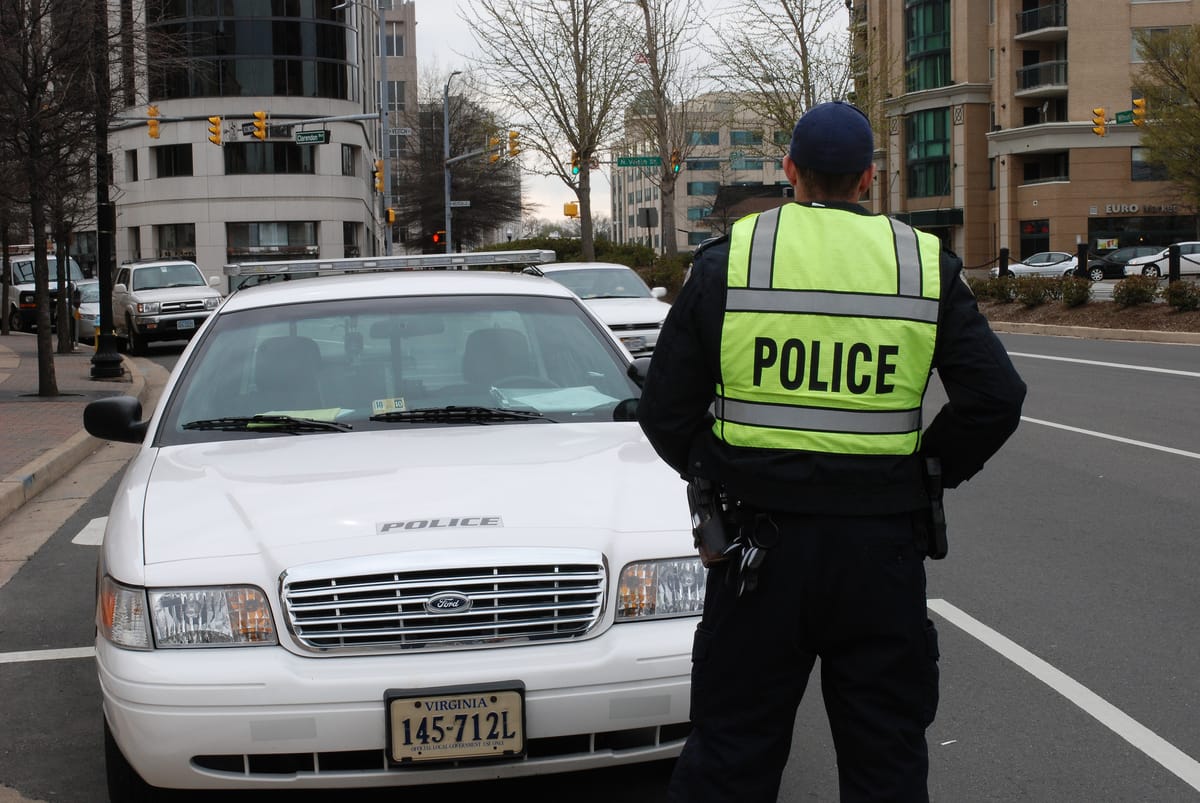The NYPD Wants You To Weigh-In On Police Body Cameras


The NYPD wants to know your opinion about the police body camera pilot program.The police department plans to increase the number of officers wearing cameras from 60 to more than 1,000 and expand the program in 20 precincts across the city. But before the final policy is drafted, the NYPD released a survey, calling for everyone who interacts with NYC police to voice their opinion on the program’s governing rules. The survey is open until July 31.The NYPD’s Body Worn Camera (BWC) pilot program, launched in September 2014, first outfitted officers in 5 high-crime precincts with cameras, reported The New York Times. In July 2015, the Department of Investigation released a report on the pilot program, including suggestions for how officers can use body cameras to make sure public interactions are safe, legal, and transparent. Now, it’s your turn to weigh-in.Click here to take the online questionnaire — which isn’t just for NYC residents — commuters and students are also encouraged to participate. You can submit anonymously by skipping the sections that ask for personal information like precinct number, zip code, race, and age. The multiple-choice questionnaire takes only a few minutes to fill out, and includes key questions about when officers should be required to record, who gets to see the footage and when, if an officer should be required to inform people when they’re recording, and if media should be allowed to see footage.According to a fact sheet released by the NYPD and the Policing Project at NYU School of Law, the body camera pilot program is designed to improve police-citizen interactions, increase NYPD transparency, and improve safety for both officers and citizens.
Under the proposed policy, officers would be required to turn on their cameras before:
- Using force.
- All arrests, summonses, stop and frisk, or any private searches.
- Responding to a crime in progress.
- Patrolling inside a New York Housing Authority (NYCHA) building, or a building enrolled in the Trespass Affidavit Program (TAP).
- Transporting a prisoner or any person in police custody to a police station, hospital, or jail.
- Interacting with someone who may be experiencing an emotional disturbance.
In addition, officers would be encouraged — but not required — to tell people when they are being recorded; and officers would not need to ask anyone’s permission to record them.
According to the fact sheet, the public will have access to the footage under the Freedom of Information Law, but if the footage contains evidence related to a criminal case, access will be determined by prosecutors, the Attorney General or District Attorney, depending on the case profile level.However, in August 2015, NYPD Deputy Commissioner for Legal Matters Lawrence Byrne said of body camera videos: “They are not public records in the sense that because the officer turns the camera on they are now in the public domain. Most of this footage, at least from the pilot camera project and we will see how it goes with the thousand, will not be in the public domain,” said Byrne and reports NY1
With the added cameras, the NYPD’s expanded BWC pilot program will become the largest of its kind — overshadowing programs in New Orleans, Chicago and Washington D.C., reports NY1.This expanded pilot program coincides with a turbulent moment for police interactions with citizens. Just this week, the fatal shootings by police of Alton Sterling in Louisiana and Philando Castile in Minnesota spurred another round of nation-wide protests about the use of lethal force against black citizens.Some say that the widespread use of body cameras could help citizens as well as police officers, who are exposed to risk on the job. Just last night, five officers were killed by sniper fire during a Dallas protest against police violence.Improving police-civilian interactions is on the agenda for the City Council. Council Member Jumaane D. Williams of district 45, co-sponsored a bill, which has been working its way through the legislative body since 2014, that would require extensive reviews of police misconduct complaints to prevent escalation into violence, and suggest improvements for officer training. This bill is currently under review by the Committee on Oversight and Investigations.For more information on the NYPD body camera program, follow the Policing Project on Twitter, or read the full body camera policy report here.




